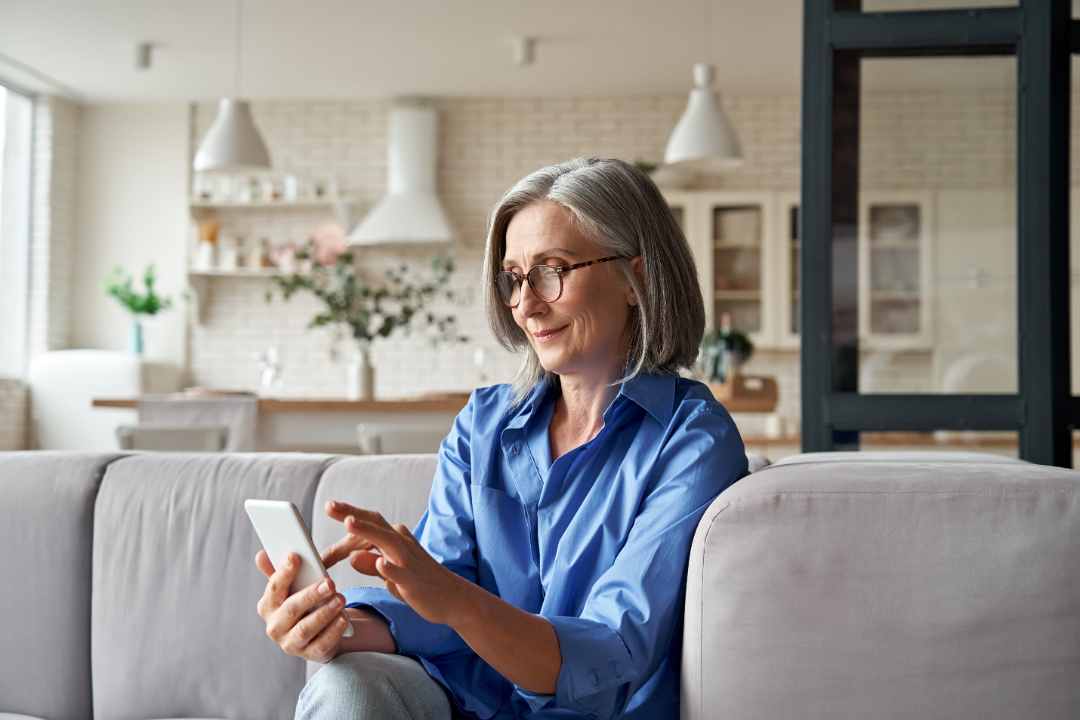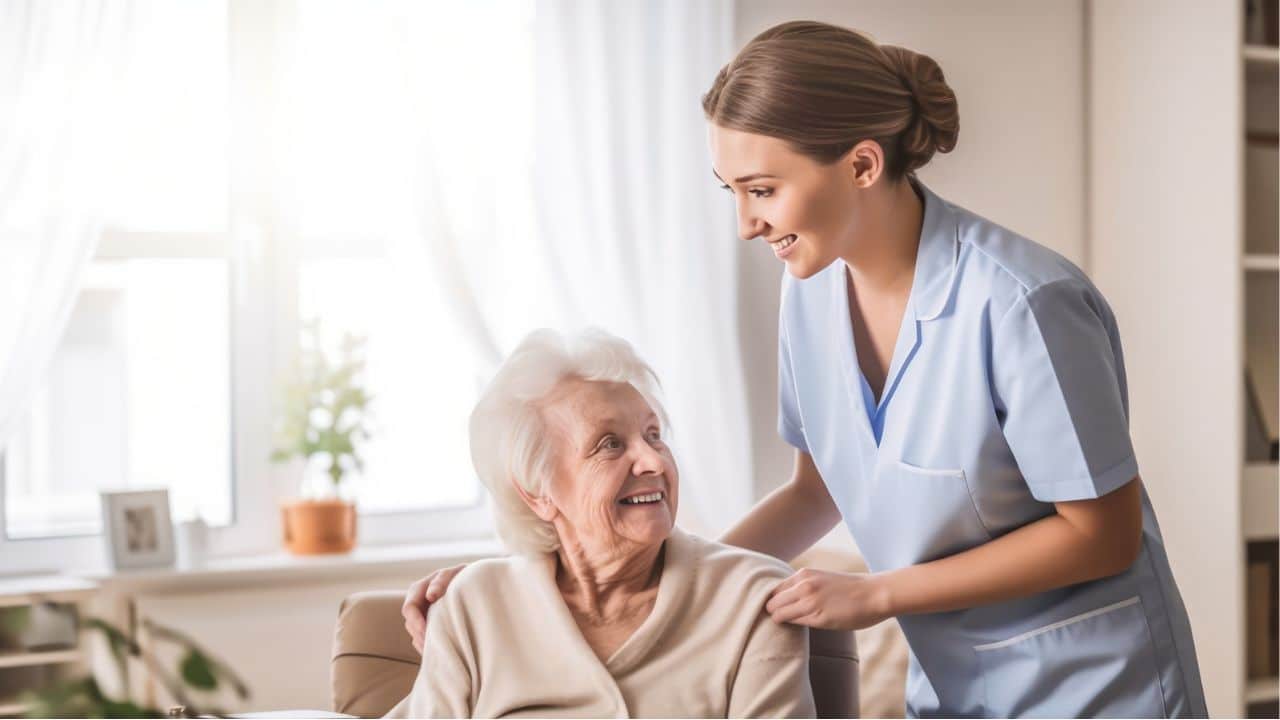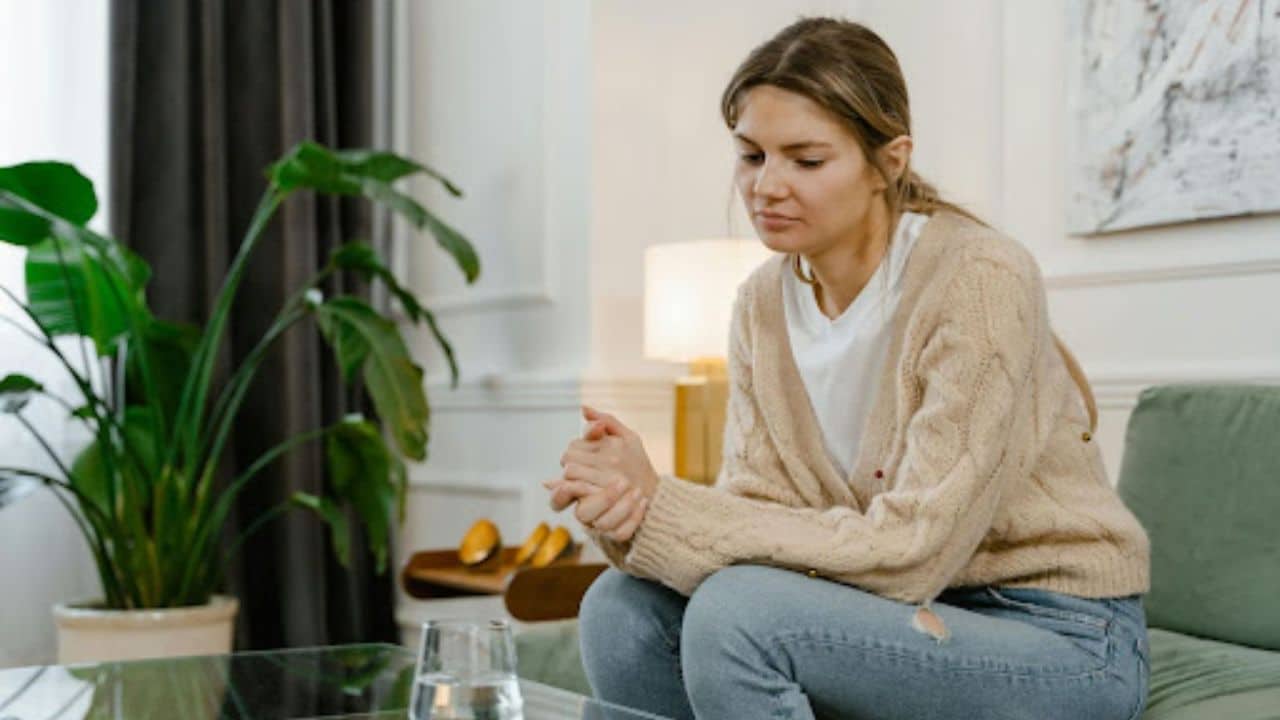As we age, some older adults naturally gravitate to staying home more. Partly this may come from a reduction in social or work obligations, and the elderly population is often more susceptible to contagion and may prefer to stay away from the bustling crowds to reduce health risks. These traits can bring a higher risk of feeling isolated and experiencing side effects such as depression, anxiety, and mental strain from being alone more often. Even when we prefer to stay in our comfortable homes more as we get older, we should take care to keep our social and activity networks vibrant.
While staying at home may be best for your comfort, don’t forget to rely on the network you have established over the years to prevent feelings of isolation from growing. This network could consist of your family and friends, shopping and ride-sharing assistance, and even medical providers who offer telehealth options and mail-order prescriptions to make it easier for you to get the health care you need as conveniently as possible. Developing a new network is also an option for many seniors, who now have time to give back to the community through mentoring and other kinds of volunteering. Many seniors who start new “occupations” such as these end up becoming quite busy and active – quite a good way to age.
Staying connected through social media has been a boon to the senior citizen community. Facebook and Instagram allow you to see pictures and videos of family and friends and participate in groups that share your hobbies, likes, or community – whatever your interests are, there is definitely a group for it, and if not, you can start one of your own. Technology such as Skype, FaceTime, and Zoom allows you to reach out to loved ones using videoconferencing methods that have been used in business for years – and setting up the in-home technology for this may be one of the countless things to consider if you plan to remodel your home to age in place. Remote conferencing allows you to check in with your friends and family “in person” when you want to – or have to – stay home. And don’t forget about the good old-fashioned phone call – if you’re missing people, pick up the phone and call your children, friends, or anyone else you want to talk to.
Phone apps such as text messaging are also a good way to stay connected with your loved ones, especially the younger generation. If you have grandchildren then texting may be the only way you stay in contact with them these days, so use it. Your smartphone can also offer you other occupations such as games, meditation apps, daily readings, thoughts/verses of the day, exercise reminders, educational apps, books, videos, shopping, and more. Our phones are now tiny laptops that stay with us everywhere we go, so don’t hesitate to use them as a way to engage your mind, learn something new, or to watch a movie when you are at home by yourself.
Another good way to keep your mind and spirit engaged is through the use of voice-assistive technology. Devices such as Amazon’s Alexa or Apple’s Siri can provide information, entertainment, music, and even key services such as contacting a family member or reminding you to take your daily medications. These AI devices often play the part of the companion to those who live alone. Studies have shown that these contemporary information and communication technologies can reduce social isolation in the elderly population, so find one that you like and use it. They can answer any question, read books to you, keep a running shopping list, tell jokes, give you a weather report, play your favorite music, and provide you with electronic company throughout your day.
Similar to this kind of assistive technology is the wearables such as smartwatches and medical alert systems for older adults. Smartwatches are so much more than watches now; they are computers that you can wear on your wrist. You can check your email, answer texts verbally, and more using a smartwatch. With a growing number of health apps, the medical alert smart watch is now a viable way to stay connected to a support system. These features can provide a lifeline to seniors who have an emergency while living alone. If you fall or have any other kind of medical event such as a stroke, these alert systems can reach 911 with the touch of a button.
Another way to keep depression and anxiety at bay while staying home is to rely on telehealth or telemedicine for routine issues or if you need to talk to a mental health professional. Telemedicine is communicating with your health care providers over the Internet via video for services such as checkups, sick visits, physical therapy, home health, and even for services such as mental health or counseling issues. Most healthcare providers have their own proprietary video systems that ensure your health information stays confidential and secure, so don’t be afraid to schedule a telehealth appointment.
The best way to stay mentally healthy while living alone is to utilize the many technological tools that are available to you. In addition to this, older adults also need to step outside on occasion, enjoy the fresh air, and just breathe. Even a small change of scenery can help fight off the blues and give you a fresh perspective to finish out the day with a stronger, healthier frame of mind.





































